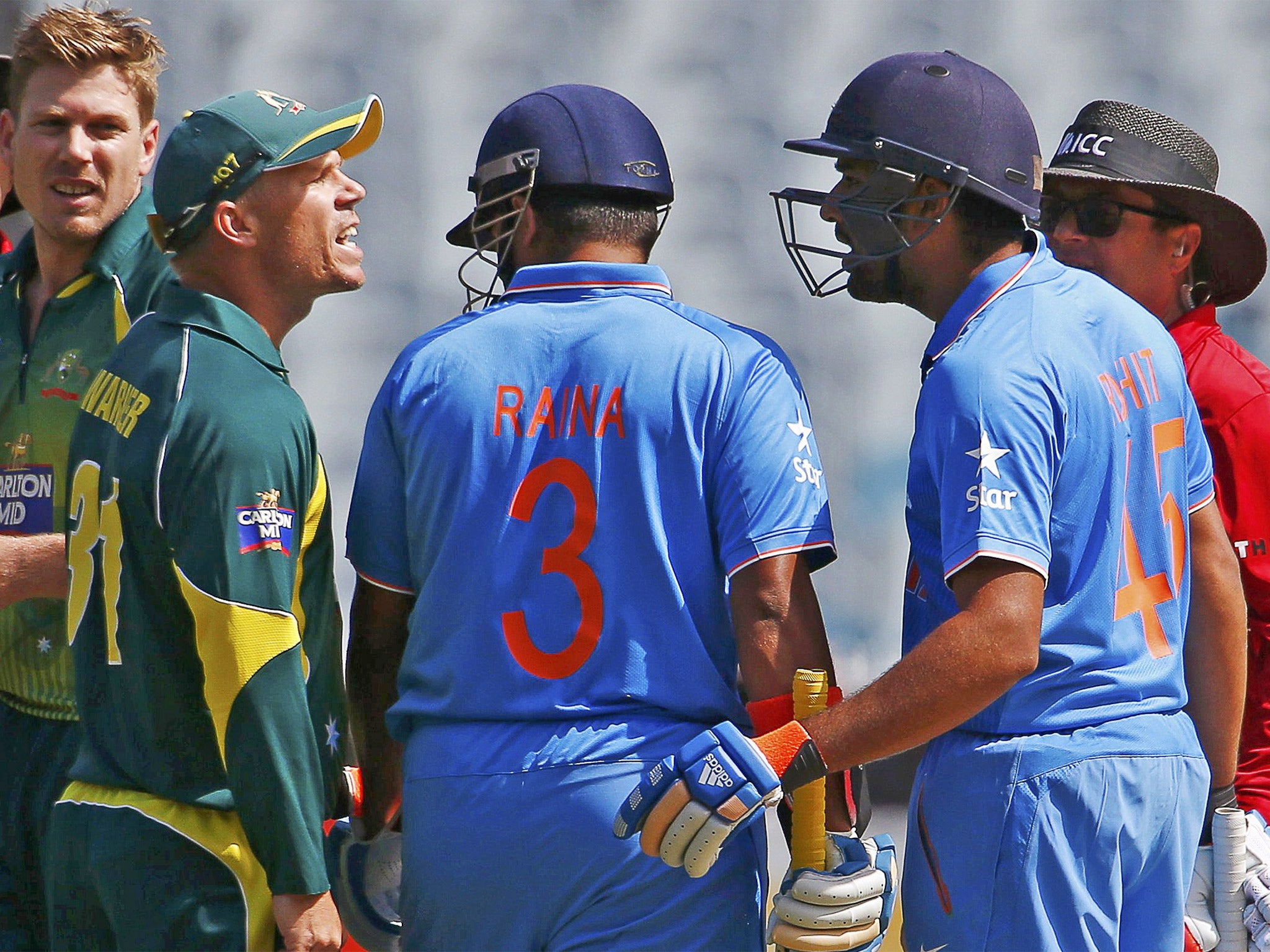Under astute Dave Richardson, the ICC is ready to govern its sport at last
COMMENT

As we approach the 11th World Cup let us remember Abe Bailey. He was about to leave England for home in South Africa when he wrote to MCC with his novel proposal. How about, he suggested, forming an Imperial Cricket Conference, which could formulate a set of regulations for international matches?
As part of this, Bailey, the president of his country’s cricket board, surmised that a triangular Test tournament between his lot, England and Australia would form an appropriate launch for the project. He outlined his intentions.
“Inter-rivalry within the Empire cannot fail to draw together in closer friendly interest all those many thousands of our kinsmen who regard cricket as our national sport,” he wrote to MCC’s secretary, F E Lacey, who was suitably enthused. “While secondly it would probably give a direct stimulus to amateurism,” he added, which probably doubled the enthusiasm.
Thus, in 1907, was born the organisation which was eventually to become the International Cricket Council. Bailey was a privileged man of his time, who made a fortune from South African gold and diamond mines. He moved in high-powered political circles – his eldest son married Diana Churchill, daughter of Winston – and in 1919 the Bailey baronetcy was created.
Bailey’s passion for cricket and its values, both real and perceived, prompted his letter to MCC after South Africa’s inaugural Test tour of England. The only countries playing Test cricket then were England, Australia and South Africa.
The triangular tournament that Bailey floated – in its way the first World Cup, and won by England, to boot – did indeed take place but it was delayed until 1912 because agreement could not be reached between the countries. It flopped, partly because of the awful weather, partly because Australia sent a weakened team. Bailey underwrote it.
Those stuttering beginnings have been faithfully reflected in much of the ICC’s work since. After 1912 it did not meet again until 1921 and not then for another four years after that.
It has been a quasi-governing body. Although it gradually expanded as the number of countries playing Tests grew, the power of veto of the founder members diluted the democratic process and hindered real progress.
That abuse of influence has been succeeded by India’s frequent intransigence since it realised that it was the game’s commercial powerhouse. If its control has been wielded, in some sense, out of vengeance for previous slights, it has not helped the ICC to be a coherent, organised or respected unit.
Yet recently there have been signs, tiny but unmistakeable, that the ICC intends to govern its sport. Another South African, this one an undemonstrative lawyer rather than a mining magnate, has been the quiet but determined fulcrum.
Dave Richardson, who played 42 Tests and 122 one-day internationals for South Africa, is the ICC’s fourth chief executive. Affable, quiet, approachable, wary of publicity but having come to recognise its value, he was seen as a company man. Gradually, in his understated way, Richardson has given his organisation a belated credence in trying to ensure that it will influence events. The most significant is the crackdown on illegal bowling actions.
Richardson has ensured that an agreed policy has been enacted, which has not always been the case. Eleven bowlers have been reported for having suspect actions in the last year, most of them in international matches. Seven were banned and forced to undertake remedial action, including such stars as Saeed Ajmal.
Conspiracy theorists point out that none of those reported are from India, England or Australia, the big three countries which made a united grab for control of the ICC last year. The full repercussions of their undemocratic manoeuvres have yet to be felt but they insist that, while they are taking most of the loot that comes into ICC coffers, they will protect the game properly. India, for all their other foibles, have been careful to monitor bowling actions regularly.
It cannot have been easy for Richardson but he has quietly risen above it. He has announced a streamlined process for dealing with chuckers in the World Cup. It will take only five days for a bowler to be cleared or banned.
When the eternal issue of sledging yet again arose the other day with David Warner’s unfortunate bearding of Virat Kohli, Richardson said player behaviour had gone too far. The message was implicit: umpires are being encouraged to get tough in the World Cup.
Richardson has also emphasised that the ICC is still on the case of match-fixers. The police are keeping tabs on more than 100 potential corrupters.
There is a distance yet to cover. It is ridiculous, if all too explicable, that series involving India do not use the decision review system. Privately, Richardson is mystified and angry about this. His line probably is that the other countries could all insist. Simply stick together and that may be more persuasive than they fear.
With such a controversial chairman as N Srinivasan, the ICC can hardly be viewed as a model of probity, diligence and respectability. Srinivasan is engulfed by criticism at home, some of it in a judgment this week from the Supreme Court of India.
But with the World Cup starting on 14 February, the ICC under Richardson is sounding at last like an organisation which means business as well as simply doing business. Abe Bailey would probably despise it.
Join our commenting forum
Join thought-provoking conversations, follow other Independent readers and see their replies
Comments
Bookmark popover
Removed from bookmarks